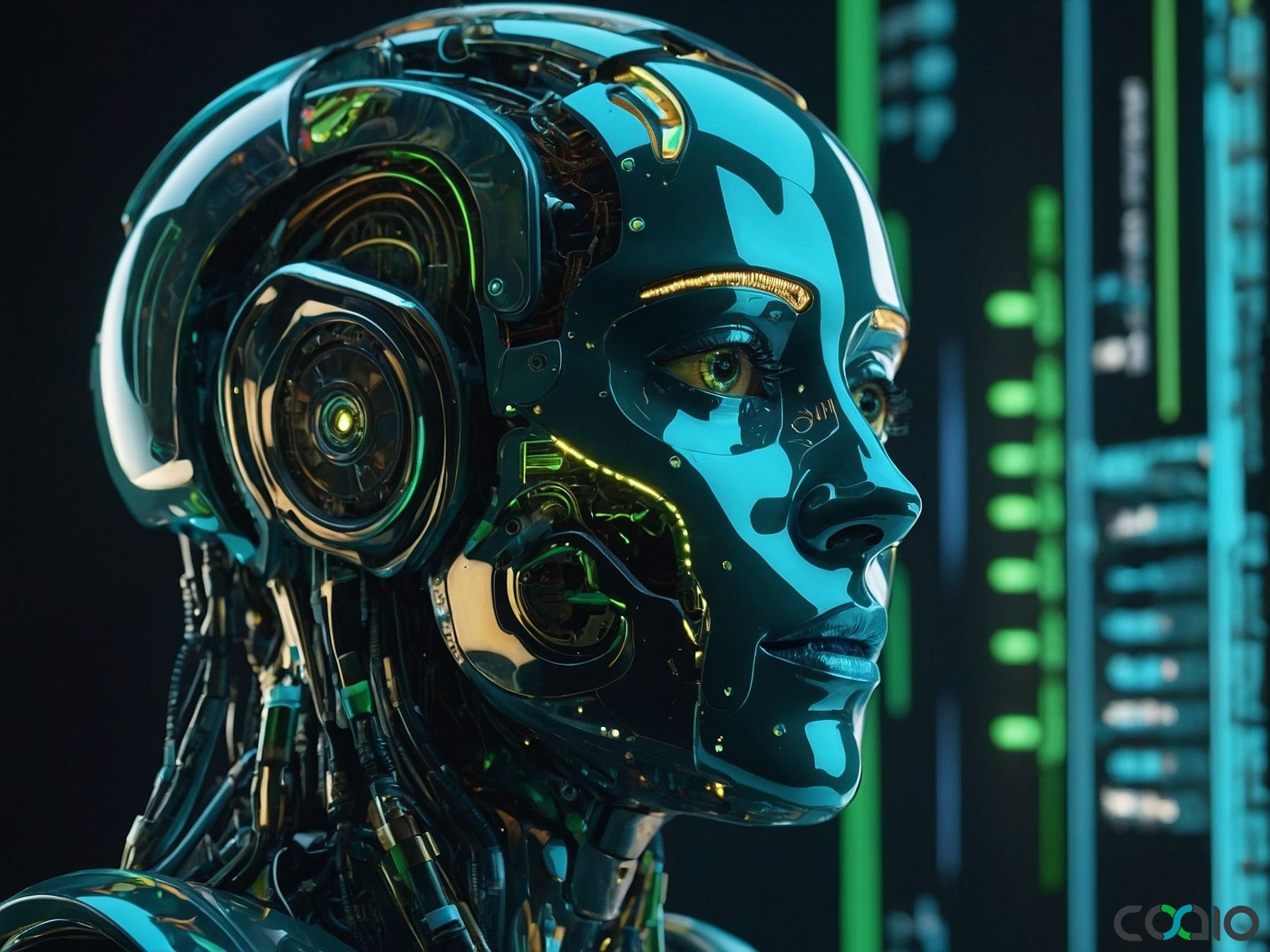
AI Revolutionizing Software Development: Key Trends and Innovations in 2025
The landscape of software development is evolving at a breakneck pace, driven by advancements in artificial intelligence, regulatory shifts, and the growing demands of tech infrastructure. As of November 23, 2025, recent developments highlight how AI is not just a tool but a transformative force reshaping the industry. From virtual conferences redefining developer experiences to changes in data handling and regulatory environments, these trends are setting the stage for a more efficient and innovative future. This article dives into the latest news, exploring how these changes impact developers, businesses, and the broader tech ecosystem.
The Builders Era: AI and the Evolving Role of Developers
In the rapidly changing world of software development, AI is emerging as a central player, empowering developers to build more efficiently and responsibly. A key highlight is GitKraken’s GitKon 2025 event, a free two-day virtual conference themed “The Builder’s Era.” According to Jeremy Castile, VP of developer research at GitKraken, this event aims to address the challenges of “shipping responsibly in the age of AI.” The conference focuses on enhancing developer experience (DevEx) and positioning developers as heroes in an AI-driven landscape. Participants can expect sessions on best practices for integrating AI tools, improving code collaboration, and mitigating risks associated with rapid deployment.
This shift underscores a broader industry trend where AI automates routine tasks, allowing developers to focus on creative problem-solving. For instance, AI-powered tools are streamlining version control and debugging, reducing the time spent on mundane activities. The event, scheduled for later this year, promises to offer insights into how AI can accelerate development cycles without compromising quality. Read more about GitKon 2025.
As businesses grapple with these advancements, outsourcing specialized development tasks can provide a competitive edge. By leveraging external expertise, companies can integrate AI features more seamlessly, ensuring projects stay on track and within budget.
Generative AI’s Impact on Data Management
Another significant development is the obsolescence of “perfect data” in the era of generative AI. Traditionally, deploying AI models required meticulously cleaned and unified datasets, a process that demanded extensive resources and consulting hours. However, as outlined in a recent SD Times article, generative AI is changing this paradigm. This technology can now generate synthetic data or infer patterns from imperfect sources, making it possible for organizations to bypass the rigid requirements of legacy machine learning.
The article explains that vendors who once profited from data preprocessing services are adapting to this new reality. For example, generative AI models like those from leading tech firms can handle noisy or incomplete datasets, enabling faster AI deployment. This evolution benefits startups and growth-stage companies by lowering barriers to entry, allowing them to experiment with AI without investing heavily in data infrastructure. Explore the details here.
This trend highlights the potential for more agile development practices, where the focus shifts from data perfection to innovative application. In practice, this means developers can prototype AI features quicker, iterate based on real-world feedback, and scale operations efficiently. For businesses aiming to stay ahead, partnering with reliable development services can help navigate these complexities, ensuring that AI integrations are both cost-effective and high-quality.
Regulatory Shifts and AI Governance
The regulatory environment surrounding AI is also in flux, with recent news indicating a potential pivot in U.S. policy. Reports from TechCrunch reveal that the Trump administration might not challenge state-level AI regulations as initially planned. An order targeting these regulations has been put on hold, suggesting a more collaborative approach to governing AI technologies. This development could lead to a patchwork of state-specific rules, influencing how companies develop and deploy AI-driven software.
For instance, this regulatory flexibility might encourage innovation in areas like autonomous vehicles, as seen with Waymo’s recent expansion. The company has received approval to operate fully autonomous robotaxis across the Bay Area and Southern California, marking a significant milestone in AI’s application to real-world transportation. Learn more about Waymo’s expansion. This approval not only boosts Waymo’s reach but also sets a precedent for how AI regulations can foster technological growth while addressing safety concerns.
Such changes in governance are crucial for software developers, as they must now design systems that comply with varying standards. This complexity underscores the value of expert project management in software development, where teams can adapt to regulatory demands without derailing timelines.
The Energy Demands of AI and Tech Infrastructure
As AI integration deepens in software development, it’s also amplifying the need for robust infrastructure, particularly in energy consumption. Meta’s announcement to enter the electricity trading business exemplifies this challenge. The company is seeking to expedite the construction of new power plants to support its expanding data centers, which are essential for running AI models at scale. By trading electricity, Meta aims to secure reliable energy sources, potentially influencing market dynamics and sustainability efforts in the tech sector. Dive into Meta’s strategy.
This move reflects a growing concern in software development: the environmental footprint of AI. Data centers powering AI applications consume vast amounts of energy, prompting developers to explore greener alternatives. For software teams, this means incorporating energy-efficient designs into their projects, such as optimizing algorithms to reduce computational demands. As the industry pushes toward sustainability, these trends are prompting a reevaluation of how software is built and maintained.
In this context, efficient development practices become even more critical, allowing companies to innovate while managing resource constraints effectively.
As we wrap up this exploration of software development’s latest trends, it’s inspiring to think about a future where groundbreaking ideas drive success, unhindered by the complexities of building tech from the ground up. Picture a landscape where founders, whether tech-savvy or not, can bring their visions to life effortlessly, turning innovative concepts into reality with smart, streamlined support. This is the spirit of a dedicated partner in software development, one that champions efficiency and minimizes risks, ensuring that the best ideas shine through.
About Coaio
Coaio Limited is a Hong Kong-based tech firm that specializes in outsourcing software development and building expert teams in Vietnam. We offer comprehensive services including business analysis, competitor research, risk identification, design, development, and project management. Our goal is to deliver cost-effective, high-quality software solutions with user-friendly designs, tailored for startups and growth-stage companies, particularly those in the US and Hong Kong markets. By partnering with us, you can focus on your core vision while we handle the technical aspects, providing a seamless path to success with minimal risk and resources wasted.
 English
English
 Français
Français
 Español
Español
 廣東話
廣東話
 中文
中文
 日本語
日本語
 한국어
한국어
 العربية
العربية
 Deutsch
Deutsch

